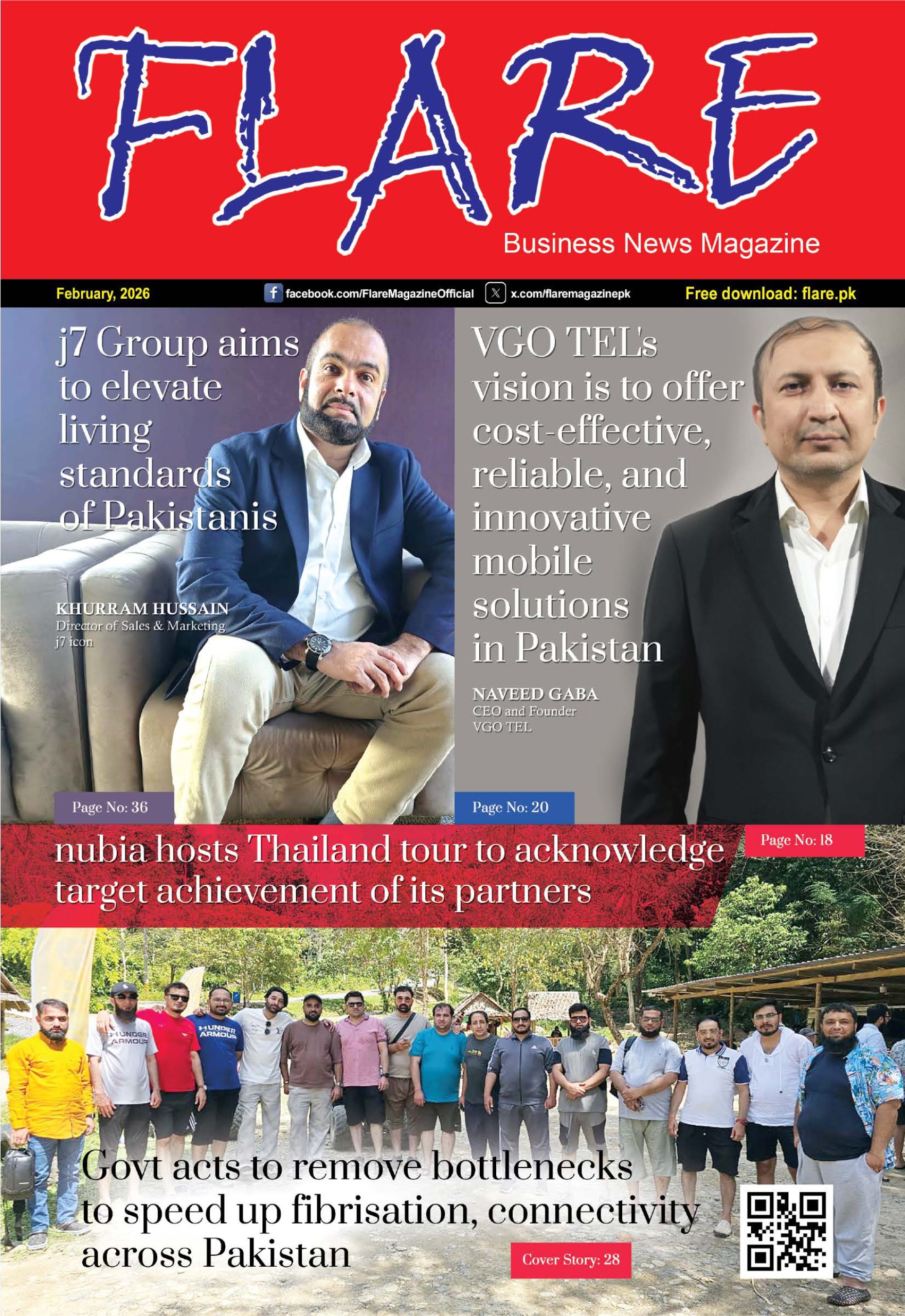Travoney To Represent Pakistan At Startup Istanbul
Karachi, Tuesday, October 17, 2017: Travoney, Pakistan’s first P2P THE crowd-shipping application is representing Pakistan’s startup culture in this year’s Startup Istanbul from October 20 – 23, 2017. Travoney connects travellers and senders for fast, secure and hassle-free deliveries. Startup Istanbul is the leading startup event that brings together founders, investors and executives in the region. It’s a gathering of leading startups, internet companies, business angels and venture capitalists from Asia and Europe.
 Travoney is the first sharing economy application to come out of Pakistan and its termed as a disruptive technology, challenging logistics industry by giving a process flow which includes less emission and more sharing of the resources. What’s better is that it takes nearly half as much time as the courier companies to send urgent deliveries. Travoney is being covered by MIT Pakistan Economic Review and was recently a highlight on Business Plus TV’s talk show LIVEWIRE. Its protocols and measures ensure on-time deliveries through a network of trusted travelers. Thus, making it a go-to choice for millennial and smartphone users. The P2P model allows travellers to earn cash and cover costs by delivering parcels en route to their intended destinations.
Travoney is the first sharing economy application to come out of Pakistan and its termed as a disruptive technology, challenging logistics industry by giving a process flow which includes less emission and more sharing of the resources. What’s better is that it takes nearly half as much time as the courier companies to send urgent deliveries. Travoney is being covered by MIT Pakistan Economic Review and was recently a highlight on Business Plus TV’s talk show LIVEWIRE. Its protocols and measures ensure on-time deliveries through a network of trusted travelers. Thus, making it a go-to choice for millennial and smartphone users. The P2P model allows travellers to earn cash and cover costs by delivering parcels en route to their intended destinations.
Saad Iqbal, CEO & Co-Founder Operations and Strategy said, “at Startup Istanbul, we hope to find lifelong mentors, peers and exciting startup concepts that are disruptive and vision to achieve greater things in life. The team is inspired, motivated and ready to introduce a game-changing idea to the global audience at the event. In return, we look for exposure, recognition and networking opportunities. However, getting an investment is equally vital for its aspirations, hard work and dedication put over a year.”
Currently, there is no direct competition in the $300 million courier express and parcel (CEP) market with regards to a one of a kind P2P model. Travoney prides itself to introduce an economy-sharing model that is great for the environment and even better for the people. In Pakistan a more significant number of people earn Rs. 15,000 to Rs. 25,000 per month. If we consider Rs. 20,000, an in-between salary account, urgent delivery through courier companies costs Rs. 1,009/kg from Karachi to Lahore. This extortionist rate is approximately 5% of the household income, which skyrockets up to 30% on bulk deliveries. Consequently, limiting millions of Pakistanis to add to this lucrative market.



